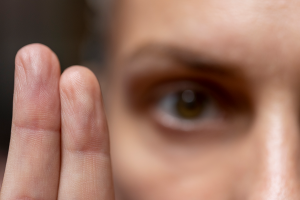If your child has been diagnosed with Attention-Deficit/Hyperactivity Disorder (ADHD), you may be wondering what steps to take next. One helpful option is ADHD therapy for kids, which can provide tools and strategies to support your child’s growth, focus, and emotional well-being.
ADHD therapy isn’t a one-size-fits-all approach. It’s tailored to meet your child’s unique needs and often involves both the child and their caregivers. Here’s what you can expect:
1. An Initial Assessment
The first step is typically a thorough assessment to better understand your child’s specific challenges and strengths. The therapist may talk with you, review school reports, and spend time getting to know your child to form a complete picture.
2. Goal-Setting
Once the therapist understands your child’s needs, you’ll work together to set realistic goals. These might include improving attention, building self-control, managing emotions, or developing better organizational skills.
3. Evidence-Based Strategies
Therapists often use techniques from behavioral therapy, cognitive behavioral therapy (CBT), or play therapy to help kids learn new skills. For example, a therapist may teach your child how to break big tasks into smaller steps, practice calming techniques, or use reward systems to encourage positive behavior. If your child has a history of trauma, the therapist will make sure that interventions are trauma-focused.
4. Parental Involvement
Parents play a key role in ADHD therapy. You’ll likely learn strategies to support your child at home, improve communication, and create routines that make daily life smoother. Some sessions may include parent coaching to help you respond effectively to challenging behaviors.
5. Collaboration With Schools
Therapists often coordinate with teachers to make sure your child has support in the classroom. This can include recommendations for accommodations, seating arrangements, or strategies to help them stay on track.
6. Ongoing Support
Progress can take time, and therapy is often a process of trying strategies, making adjustments, and celebrating small wins along the way. The goal is to give your child tools they can use in everyday life and to help them feel confident in their abilities.
ADHD therapy for kids can be a powerful resource for building skills, improving focus, and strengthening self-esteem. With the right support, children with ADHD can thrive both at home and in school.







